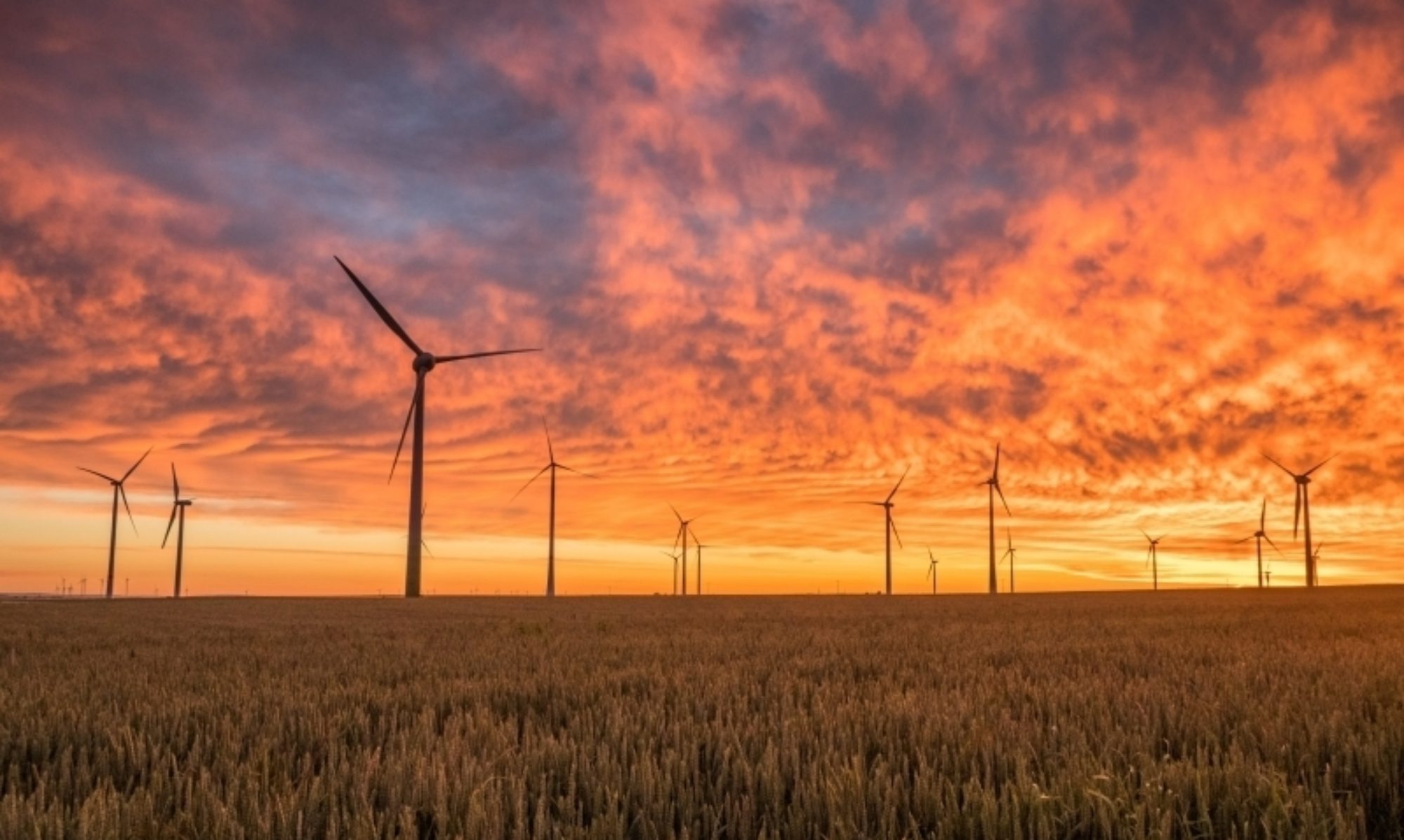Beijing and other cities are frequently plagued by some of the worst smog in the world, typically from the burning of coal. In recent weeks, pollution levels have escalated in Beijing and across other cities on the eastern seaboard. In response, authorities in China have ordered steel plants to dial back their operations. The hope being that less coal is burnt, and so the smog that has shrouded the region begins to dissipate.
Announcements ordering steel plants to curb their output tend to result in an immediate impact on iron ore and coal prices. Steel plants rely heavily on coking coal, and so restrictions on their operation also result in less demand for iron ore.
Information on current and forecast pollution levels are widely available in China. Coal and iron ore traders attempt to second guess the point at which authorities are forced to act by looking at previous episodes of heavy pollution for clues.
Pollution levels spiked even further over the past week. But instead of coal being the culprit, this time the origin was natural. Every year China suffers from dust storms as strong winds buffet the sandy Mongolian plateau. This year, the dust storm has been the worst in a decade.
Far from curtailing China’s coal consumption, the dust storm may actually lead to an increase in consumption. The intensity and duration of this years storm has meant that renewable generation – solar and wind – has been hit. This will mean that utilities are likely to burn even more coal, even as the seasonal lull in heating demand approaches.
This is traditionally the time of year when Chinese coal importers look to restock ahead of the summer and winter demand. But with high dry bulk freight rates and domestic coal production curtailed by the dust storm the risk is that China enters next winter with critically low coal inventories. In turn, this could result in a surge in demand for seaborne coal later in the year, and a sharp rise in coal prices.
